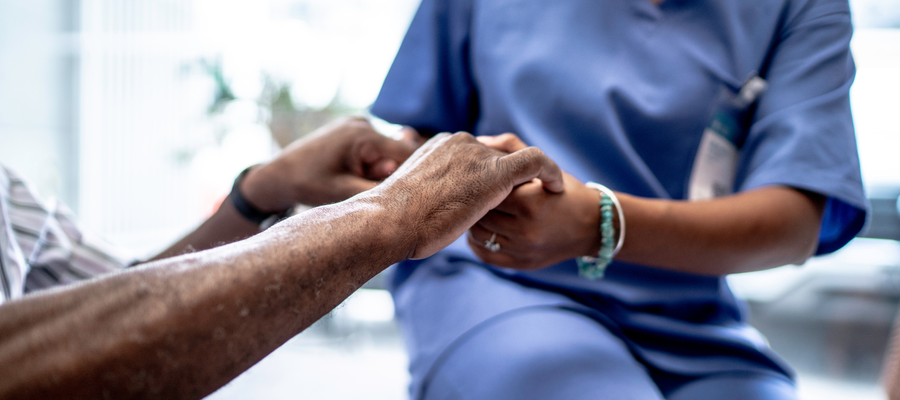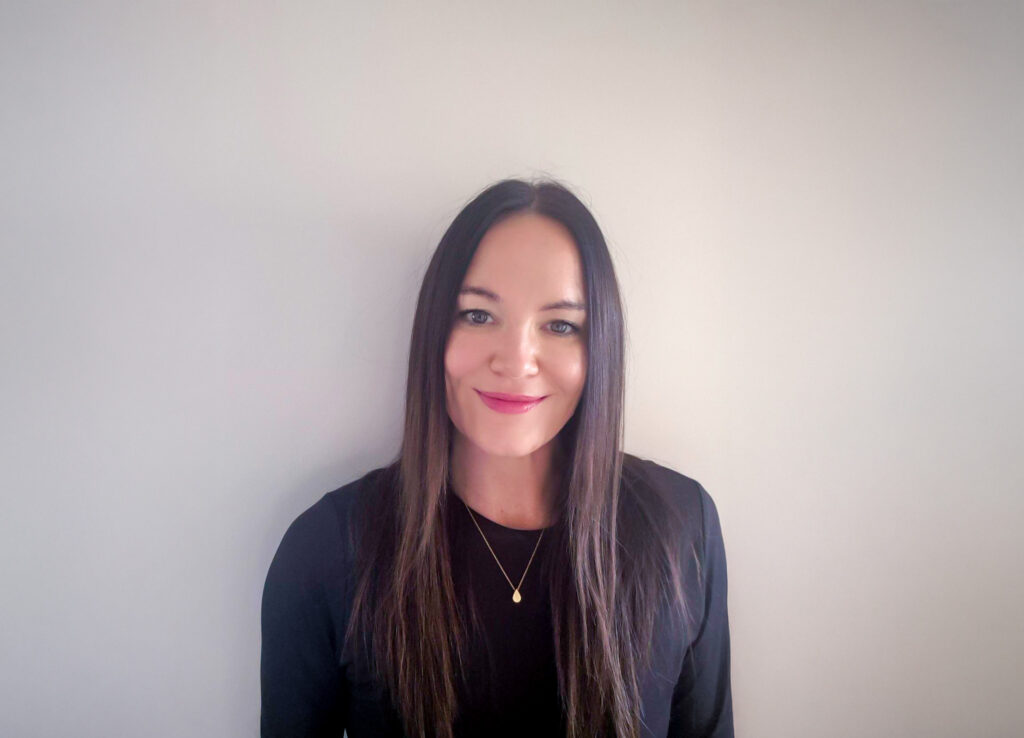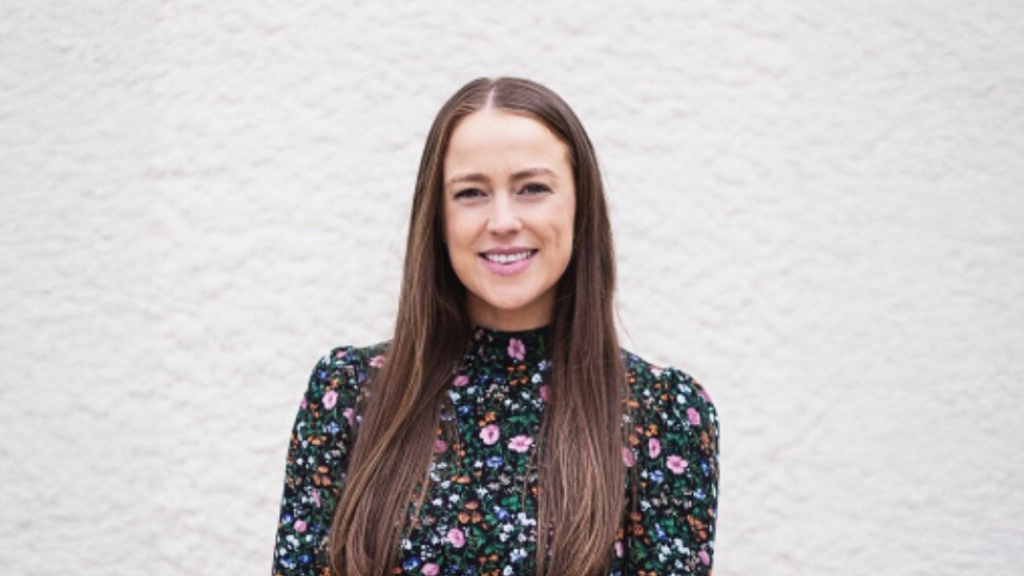World Patient Safety Day: delivering better patient care, every day
By Conexus MedStaff - Posted Sep 13, 2023

The World Health Organization (WHO) has designated September 17 as World Patient Safety Day, with the aim to bring all members of the community together to show their commitment to patient safety. Conexus MedStaff is committed to ensuring our registered nurses and medical technologists have the educational tools they need to continuously enhance their skills, leading to better patient care. Learn what that involves, and how our award-winning continued education program, Conexus Academy, enables our healthcare professionals to excel.
How does Conexus MedStaff ensure nurses are equipped to deliver the best possible care for patients at all times?
Conexus Academy and our team of highly qualified clinical educators work diligently to prepare each registered nurse or medical technologist for their upcoming position. Education is personalized to meet individual needs and to ensure maximum success is achieved for each healthcare professional on assignment.
How does Conexus Academy help nurses and medical technologists deliver the best possible care in their roles?
Patient safety is our number one priority. We ensure evidence-based content is provided through our personalized education program, which is created early in our healthcare professionals’ U.S. journey. This ensures their awareness of safety issues and provides accurate and up-to-date information on best practices in U.S. healthcare.
For registered nurses, the patient safety content includes the following prior to arrival:
- Safe administration of blood products
- National Patient Safety Goals
- Implementing systems theory to prevent errors in healthcare
- IV therapy complications
- Preventing medical errors: instilling a culture of safety
- Safe patient handling programs
For medical technologists, content includes a variety of information pertaining to patient safety, including:
- Risk management in the clinical laboratory
- Quality control
- Inspection preparation, process, and corrective action
- OSHA safety and programs
- Mushroom poisoning and the laboratory’s role in monitoring patients
- Adverse effects of fresh frozen plasma
- Medical error prevention: patient safety
- Pre-analytical challenges encountered with Capillary blood collection and resting
- Laboratory methods to aid in the detection of sepsis
How do we support nurses to earn a Basic Life Support certification?
Once in the U.S., Basic Life Support courses are provided to all registered nurses. Pediatric Advanced Life Support (PALS), Advanced Cardiovascular Life Support (ACLS), and Neonatal Resuscitation Program (NRP) training are also provided for each registered nurse as necessary to their patient population.
Why is it important for healthcare professionals to continue to learn and improve their skills, and how does continuous learning contribute to better patient care and overall healthcare quality?
Both the nursing and the medical technologist professions are dynamic and ever-changing. This is due to the rapid advancements in technology that impact patient care, and the options available for treatments and testing. If healthcare professionals do not keep abreast of the latest technological advancements, they cannot advocate for the best treatments available for their patients and, therefore, are not able to provide optimal care. As technology advances, care delivery options increase, change, and advance, and subsequently, expectations pertaining to the level of care also grow. Today, many patients also use technology to research the best care options and will ask appropriate questions about what treatments are being offered prior to choosing a healthcare provider.
With the ever-evolving advancements in medical treatments and technology, how can nurses and medical technologists stay motivated to continue learning and adapting their practices?
If nurses care about their patient population and want to provide the best care possible, it benefits them to continue to grow and learn. Enrollment in a professional organization helps motivate staff to continue learning, as they publish updates and key technology to consider in their publications, journals, and websites. This new technology is exciting, and the impact on patients can be significant.
How can patients’ needs be better understood, in order to provide them with an improved care experience?
Apart from general awareness of current trends in technology and advancements in practice, nursing care must be specific to the individual. It is up to the healthcare professional to discuss what is most important to the patient and learn what they want or need. Nurses do this daily when they round on patients and ask, “what is the most important thing I can do for you today?”
What can nurses do to better understand their patients and the needs they may have? How about the needs of their patients’ families?
Nurses are responsible for asking the patient – and their family, if that is what the patient wants – what they hope to achieve from the admission, and what their goals are for care during each shift. It can be as simple as wanting more sleep or better pain management. The key to maximizing patient satisfaction is asking what the patient and their family want and providing solutions to ensure their needs are met.
If a patient wants more sleep – the nurse can cluster care, so there are fewer interruptions throughout the day or night, as the nurse comes in and does all the care together every 3-4 hours. If pain management is the concern, then with hourly rounding, the nurse completes a pain assessment and advocates with the healthcare provider to increase pain medication or prescribe an adjunct option.
How does the role of a medical technologist contribute to better patient care?
The medical technologist contributes to patient care and safety by ensuring specimens are run and tests are completed accurately and promptly. They are also responsible for alerting the healthcare provider to critical results, which, in turn, ensures prompt action to rectify the situation.
What is the importance of healthcare facilities having the latest and most advanced medical laboratory equipment to deliver better patient care?
Optimizing equipment ensures accurate results and time can be spent processing more specimens for individual patients faster. While much of the older technology continues to be used overseas and in smaller laboratories, newer equipment tends to have a higher percentage of accuracy and processes specimens faster, which allows more specimens and tests to be completed in the same timeframe. This allows for faster turnaround times that improve patient outcomes, and a reduction in manual testing that reduces the margin of error. Additionally, some newer technology allows for more specific testing, identifying genes and markers that allow for specificity of treatment.
How does Conexus MedStaff help medical technologists to continue to learn and improve their skills?
Conexus Academy provides continuing education through our evidence-based programs to support the growth of each healthcare professional. The Conexus Academy curriculum is underpinned by a competency framework founded on competencies determined by the American Society for Clinical Pathology (ASCP), the Centers for Disease Control and Prevention (CDC), and the American Public Health Laboratories (APHL).
While education starts prior to arrival in the US, the medical technologist educators support these healthcare professionals on arrival with our transition to practice programs, with monthly check-ins during orientation, and then quarterly by rounding with them. Additional support and coaching is provided on an as-needed basis.
Finally, our educational content platforms may be utilized by the healthcare professional to obtain their Professional Acknowledgment for Continuing Education (P.A.C.E.) credits. P.A.C.E. credits are widely recognized in the clinical laboratory profession and can fulfill most continuing education requirements for CLIA ’88 recommendations, state licensure, certification agencies, and employers, needed for ongoing credentialing.
If you’re an international registered nurse or ASCPi-certified medical technologist and want to see how Conexus MedStaff can help you grow your career, explore Conexus Academy or apply to work with us.



